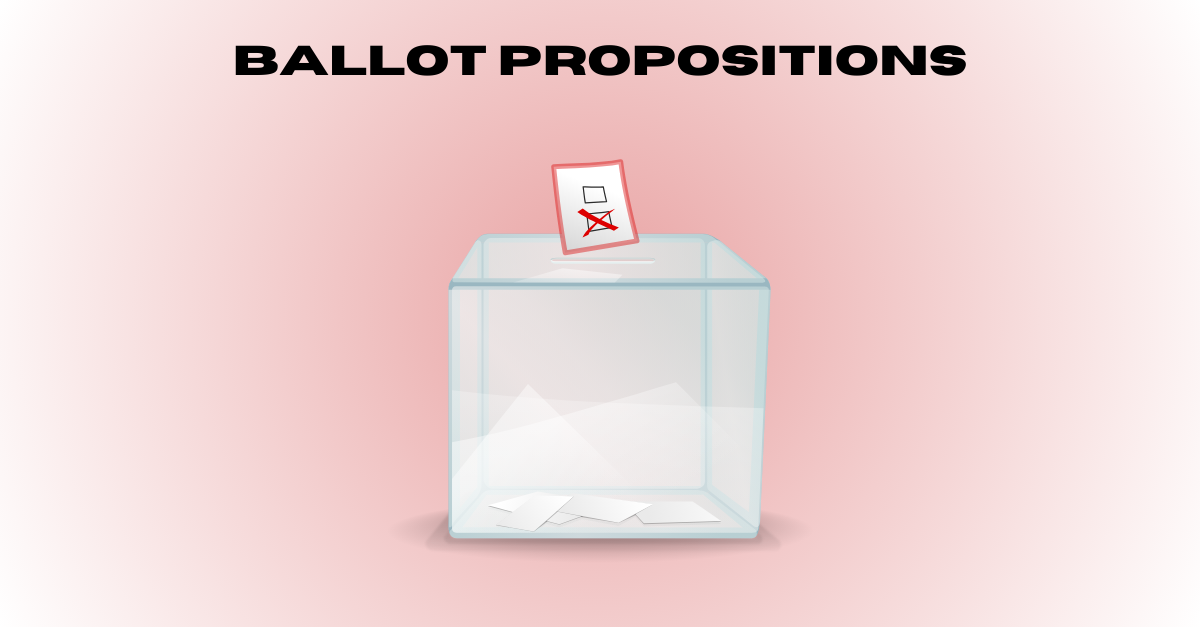While tracking the election district by district and candidate by candidate can be fun and engaging, we usually forget about the more confusing and esoteric part of the election: the back of your ballot.
The back of your ballot almost always consists of ballot propositions, proposed changes to state or local law that have gone through certain legal petitions to appear on the back of your ballot for your approval or rejection.
This year, New York residents will have the opportunity to vote on two proposals:
- Removal of small city school districts from special constitutional debt limitation
- Extending sewage project debt exclusion from debt limit
Proposition One
The text of Proposition One reads: “The proposed amendment to Article 8, Section 4 of the Constitution removes the special constitutional debt limitation now placed on small city school districts, so they will be treated the same as all other school districts. Shall the proposed amendment be approved?”
Abstractly, this amendment would remove special debt limits for small city school districts; debt limits would be established in state law for all school districts. According to the New York elections website, a small city school district is one that “includes at least part of a small city. A small city is a city with less than one hundred twenty-five thousand (125,000) people.”
As it stands, the state constitution stipulates that these small city school districts have a debt limit – the maximum amount they can borrow – of 5% of the total value of taxable property in their city. For example, if a small city has $100 million worth of property taxes on the rolls, then $5 million is the most they can use to update buildings, complete projects, etc.
Most school districts in New York State can borrow up to 10% of their taxable property value. This limit is set by the state law, not the state constitution.
If Proposition One is approved by the voters, then the 5% debt limit would be eliminated for small city school districts. They would then adhere to the 10% limit most other districts have under state law.
Succinctly, small cities would not be treated differently from other school districts in terms of their ability to incur debt. An approved Proposition One would not increase property taxes.
As it stands, Suffolk County is not home to any small cities. Small cities across the state include Albany, Ithaca, Troy, Hudson, and many others. These fifty-seven districts across the state house about 200,000 students collectively. Despite Suffolk not being directly impacted by this measure, since it requires a change to the state constitution, all New York voters must have a say in its passage or failure.
The reason this caveat to the constitution exists dates back to the 1950s, when small city school districts were under control of local municipalities and the budgets were not subject to district-wide votes. While budgets are now subject to that public approval, the debt limit provisions have remained the same.
Proposition Two
The text of Proposition Two reads: “The proposed amendment to Article 8, Section 5 of the Constitution extends for ten years the authority of counties, cities, towns, and villages to remove from their constitutional debt limits debt for the construction of sewage facilities. Shall the proposed amendment be approved?”
This proposal is similar in scope to Proposition One. Under the current constitution, every city, town, village, and county in New York has a limit on the amount of debt they can incur, which varies from 7% to 10% of the value of taxable property on their rolls.
As it pertains to sewage treatment facilities, the constitution stipulates that if a city must borrow money to repair said facilities or build new ones, the money borrowed does not count against their debt limit with approval from the state comptroller.
Every ten years, voters are asked if they would like to maintain this provision in the constitution for sewage facilities. An approved Proposition Two would extend the provision through 2034.




